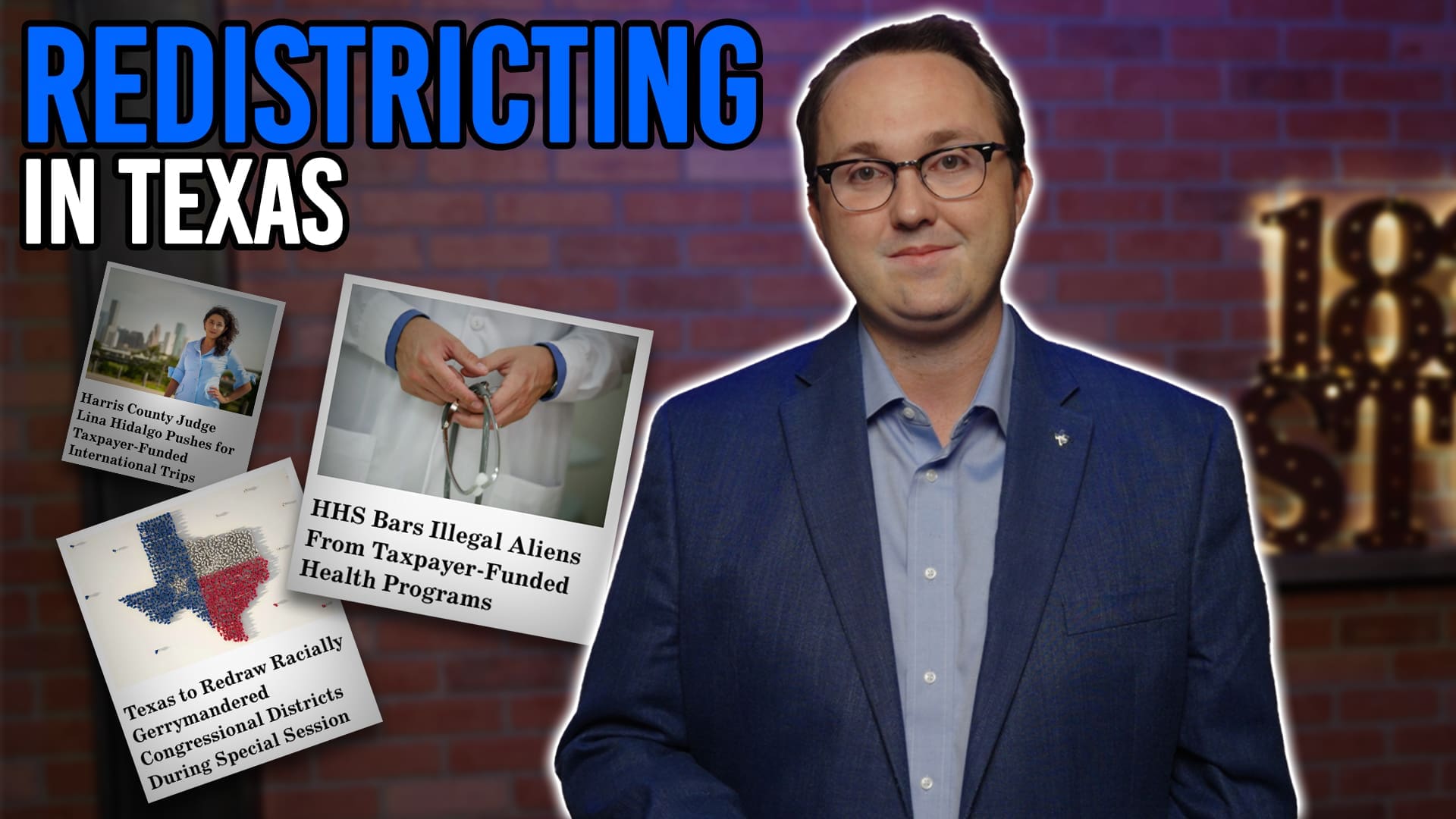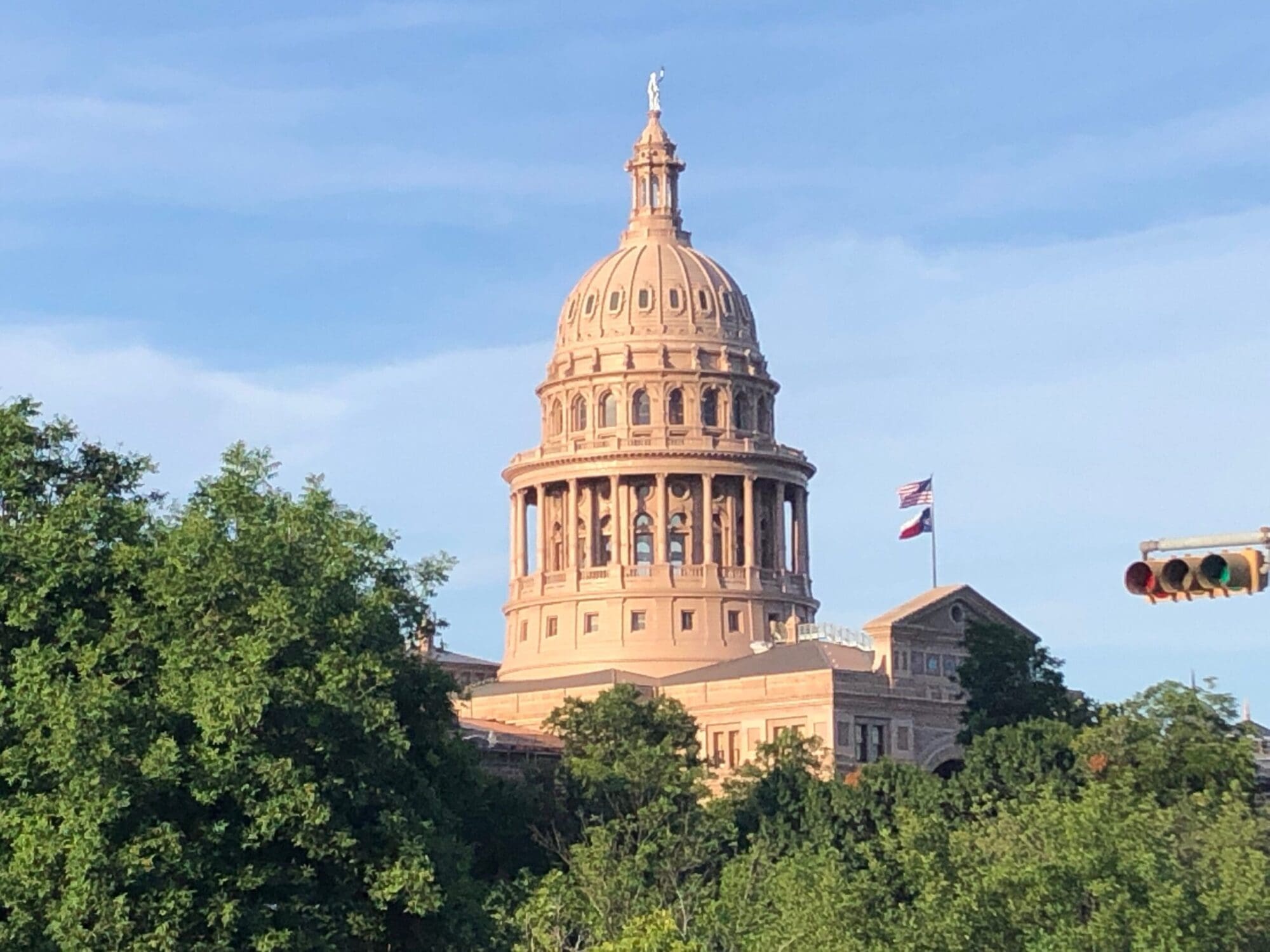AUSTIN — State lawmakers are moving closer to saving countless Texas children’s lives.
On Monday, with 19 senators voting for and 12 against, the Texas Senate approved several proposed laws to protect children from being killed in the womb.
Among the proposals is Senate Bill 8, called the “heartbeat bill,” which would make it illegal for an individual to kill a child in the womb once the baby’s heartbeat is detected—effectively protecting the child’s life from abortion once they reach roughly six weeks old.
“Ten other states have passed heartbeat bills,” said State Sen. Bryan Hughes (R–Mineola), one of the bill’s authors, in a recent state committee meeting. “We have to admit Texas is behind. This bill will protect the lives of our most precious Texans starting at the moment that little heart is beating.”
“[The bill] requires the physician to determine whether there is a heartbeat, and if a heartbeat is detected, the physician cannot knowingly perform or induce an abortion and can be held civilly liable, unless there is a medical emergency,” Hughes said Monday.
Senators also approved other child protection bills including Senate Bill 1173, which would stop discriminatory abortions—killing a child because of their race or gender.
“[SB 8 and SB 1173] are Pro-Life Priorities since they both stop abortion, draw attention to the humanity of the preborn child, and undermine the flawed foundation of Roe v. Wade,” wrote pro-life nonprofit Texas Right to Life.
Furthermore, senators also passed Senate Bill 394, which would prohibit chemical or “pill-induced” abortions after seven weeks of the child’s life in the womb. Common abortion pills disintegrate the child’s connection to his or her mother, then induce heavy bleeding and cramping to expel the dead baby’s body from the womb.
Over 53,000 Texans were killed through abortions in 2020, according to the latest state data.
All 18 Republican senators plus Democrat Sen. Eddie Lucio Jr. (San Benito) voted in favor of the protections, with the rest of the Democrats opposing them.
The pro-life bills now need one final vote in the Senate, and will then travel across the Capitol to the Texas House. If approved there, the bills will end up on the governor’s desk to be signed into law.
Concerned citizens may contact their state representative, senator, or Gov. Greg Abbott.





